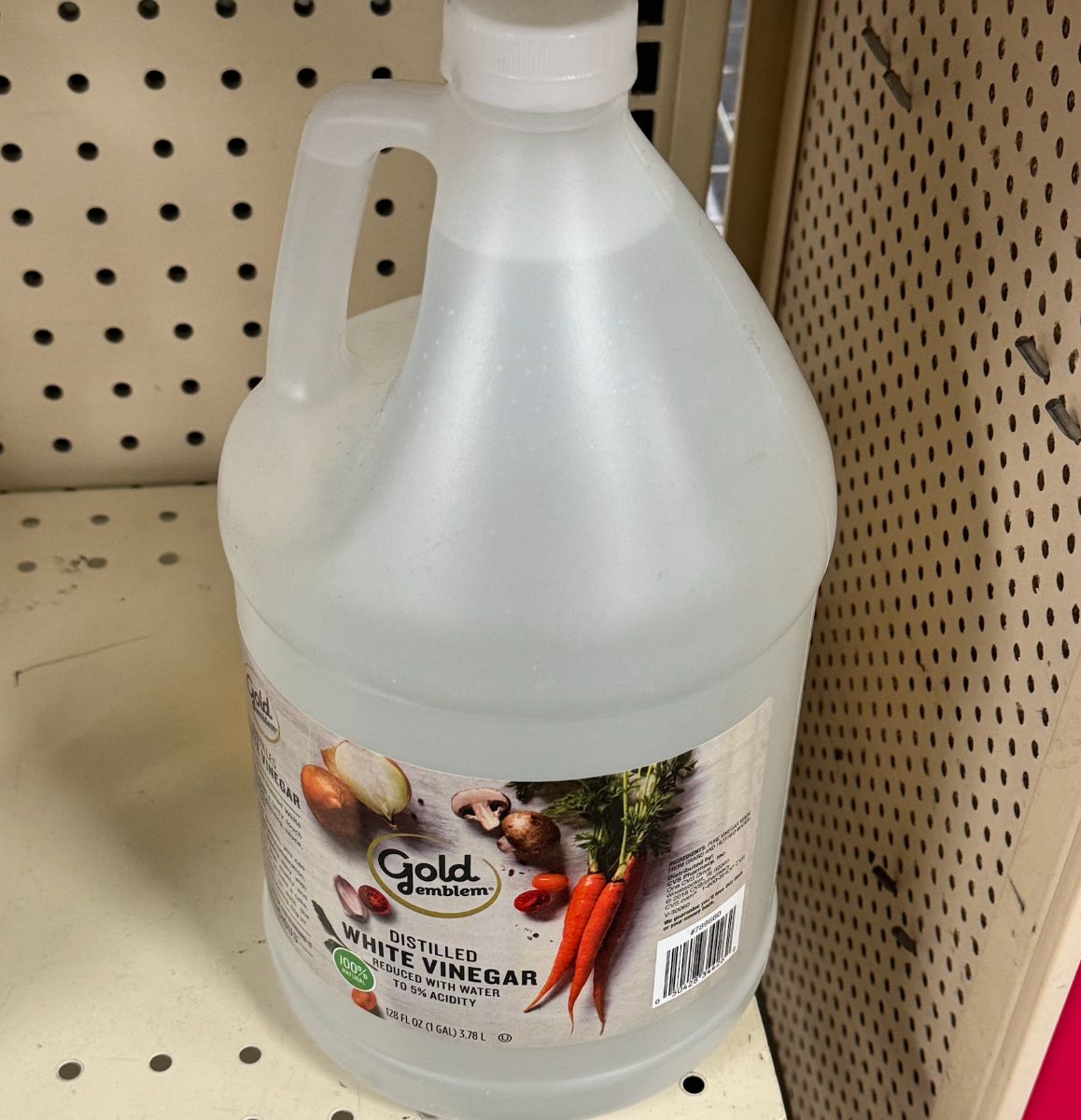Vinegar is a versatile household item that has been used for centuries for various cleaning purposes. Its natural acidity makes it an effective cleaner for many surfaces and stains. However, while vinegar can be a powerful cleaning agent, there are certain items and surfaces you should avoid cleaning with it.
In this article, we’ll discuss ten things you are not supposed to clean with vinegar to prevent damage and potential hazards.
Stone Countertops
Vinegar is acidic, and prolonged exposure can harm natural stone surfaces like granite, marble, and limestone. The acid can eat away at the stone’s protective sealant, leading to dullness and surface etching. Instead, use a stone-specific cleaner to maintain the beauty and longevity of your stone countertops.
Hardwood Floors
Using vinegar on hardwood floors can strip away the protective finish and cause the wood to become dull and discolored. To clean hardwood floors effectively, use a wood floor cleaner recommended by the manufacturer, which is specifically formulated to preserve the finish and the wood’s natural beauty.
Electronics
Vinegar should never be used to clean electronic devices or screens, as it can damage sensitive components and leave streaks or spots. Opt for specialty electronics cleaning solutions designed to safely clean and disinfect screens and gadgets.
Cast Iron Cookware
Please Head On keep on Reading (>)

